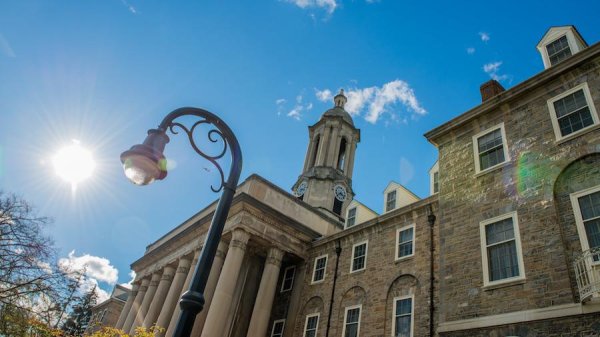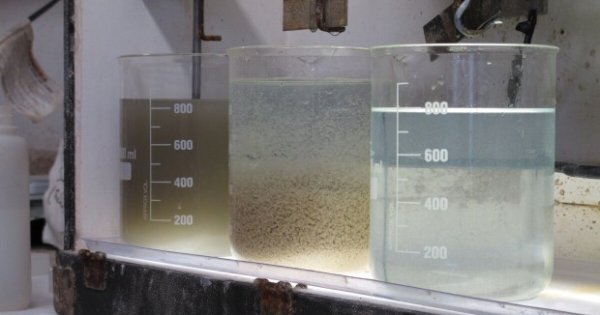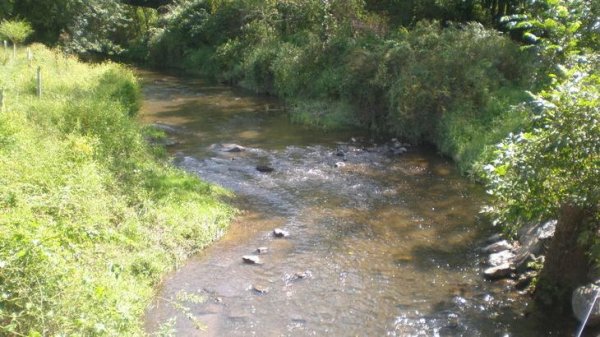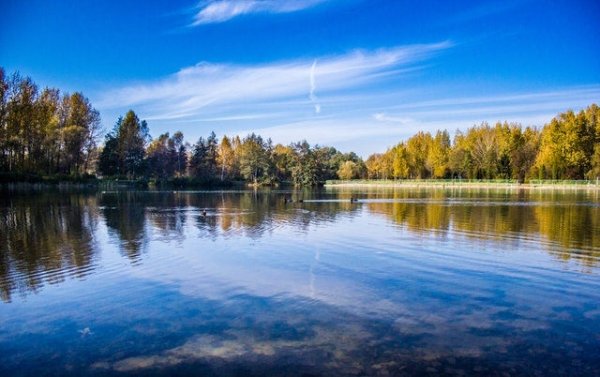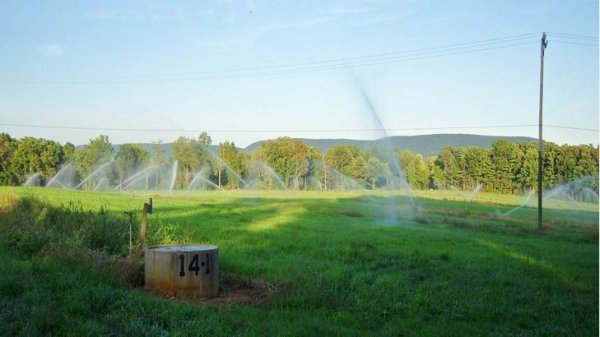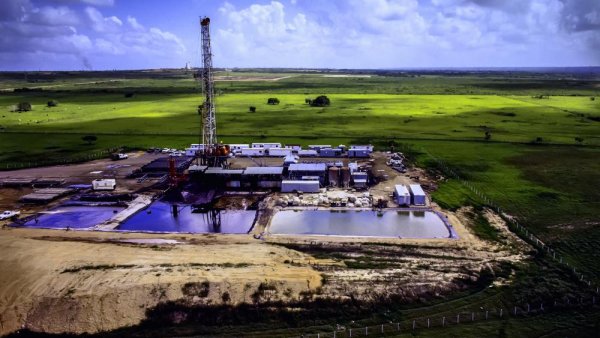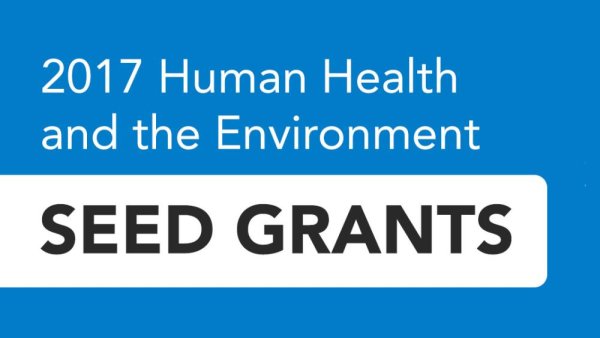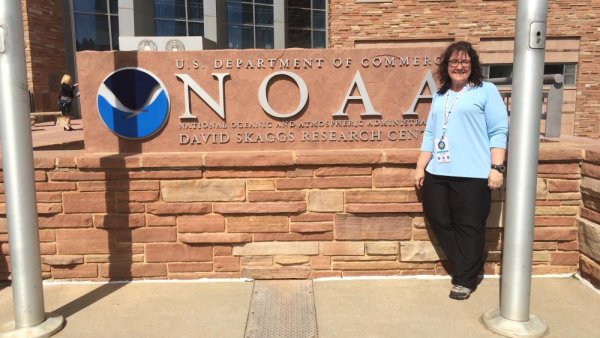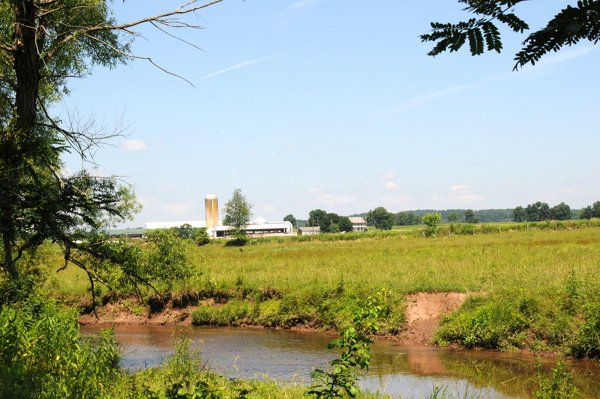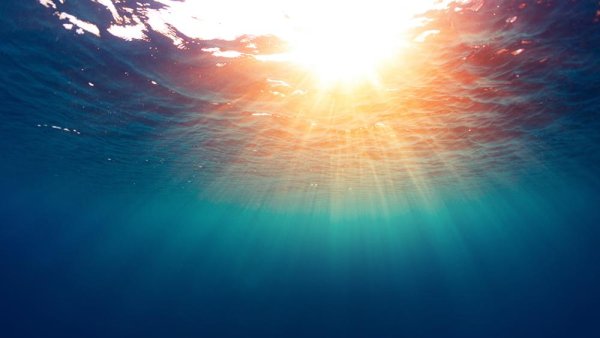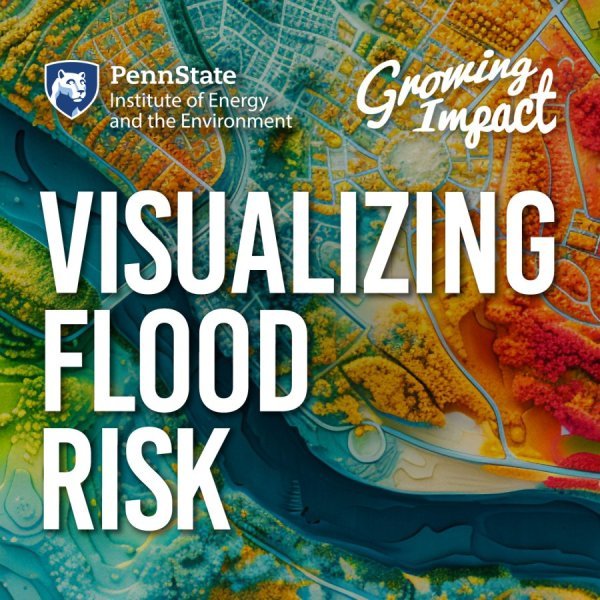New evidence of contaminants from fracking
| cmaj.ca
New evidence has emerged indicating that wastewater from fracking contains compounds harmful to human health. Fracking, a controversial technique for extracting oil and gas, involves injecting a water mixture deep into the ground to force open existing fissures. The process produces wastewater
Institutes of Energy and the Environment seed grant recipients announced
| psu.edu
The 2017 Institutes for Energy and the Environment seed grants have been awarded to a pool of interdisciplinary researchers at Penn State. Thirteen grants totaling more than $312,000 have been awarded to 42 researchers that addressed four research themes: Climate and Ecosystem Change, Future Energy Supply, Smart Energy Systems, and Water and Biogeochemical Cycles.
Natural gas industry wastewater pollution may linger for years
| wesa.fm
A new study finds the treated wastewater from Pennsylvania’s natural gas industry may pollute rivers, lakes, streams and creeks for longer than previously…
Researchers receive USDA grant to study new riparian buffer strategy
| psu.edu
A team led by researchers in Penn State's College of Agricultural Sciences has received a nearly $500,000 grant from the U.S. Department of Agriculture to conduct a three-year study of a new flexible strategy to ramp up installation of riparian buffers.
Fracking pollution stays in waterways long after the fracking is done
| popsci.com
Dumping fracking water into rivers, lakes, and streams can cause lasting environmental damage, according to a recent study in the journal Environmental Science and Technology—even if you treat it first.
Soil filters out some emerging contaminants before reaching groundwater
| psu.edu
There is considerable uncertainty surrounding emerging contaminants in aquatic ecosystems and groundwater, and a recent Penn State study of compounds from pharmaceuticals and personal care products didn't add much clarity. But it did provide insight into the transport of the chemicals, according to researchers in the College of Agricultural Sciences.
Workshop provides practical science communications training for researchers
| psu.edu
In order to help faculty members and researchers improve their science communication skills, the Institutes of Energy and the Environment is offering training through COMPASS, an organization that was founded to help scientists share their knowledge in a way that effectively communicates their message to the general public but doesn’t compromise the accuracy of the science. The training takes place on Oct. 4–6 and is open to Penn State faculty and graduate students. There is no cost to attend.
Treated hydraulic fracturing wastewater may pollute area water sources for years
| psu.edu
Given Pennsylvania’s abundant natural resources, it’s no surprise that the Commonwealth has become a mecca for hydraulic fracturing. Researchers, however, have recently discovered that releasing millions of gallons of treated hydraulic fracturing wastewater each year into area surface waters may have longer-lasting effects than originally thought.
Recipients of 2017 Human Health and the Environment seed grants announced
| psu.edu
The Human Health and the Environment seed grants for 2017 have been awarded to a pool of interdisciplinary researchers at Penn State. These seed grants were funded by eight separate Penn State research entities and institutes, which collectively contributed more than $500,000. “We had an exceptional pool of proposals from faculty across the university,” Tom Richard, director of the Institutes of Energy and the Environment, said. “The projects address emerging contaminants well as legacy environmental problems that seriously impact human health.”
NASA invites Brandywine professor to spread the word about new satellite
| psu.edu
When new scientific technology is released, it takes a team of scientists, teachers, writers and even social media users to get the word out to the public. This summer, Penn State Brandywine Professor of Earth Sciences Laura Guertin is helping NASA publicize the launch of JPSS-1, a new polar satellite.
Grant aimed at solving agricultural water issues through community engagement
| news.psu.edu
A group of institutions led by Penn State has received nearly $2.2 million for the first year of a planned four-year, $5 million project aimed at developing a model for engaging communities and stakeholders to ensure adequate supplies of good-quality water both for and from agriculture. Partners include the U.S. Department of Agriculture's Agricultural Research Service, Arizona State University and the University of Nebraska Lincoln.
Where the rivers meet the sea
| psu.edu
Penn State researchers have created a new hybrid technology that produces unprecedented amounts of electrical power where seawater and freshwater combine at the coast.


